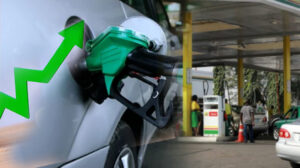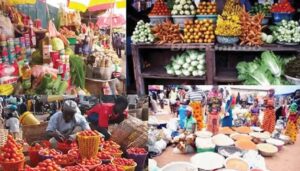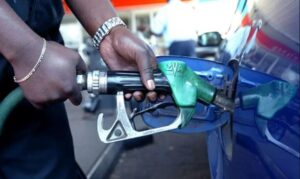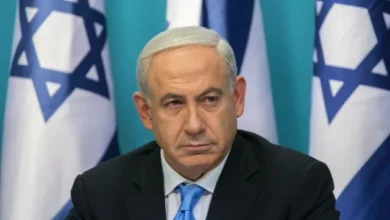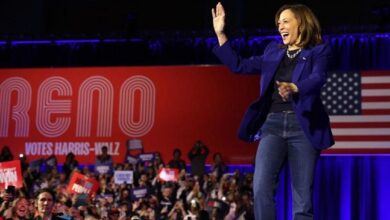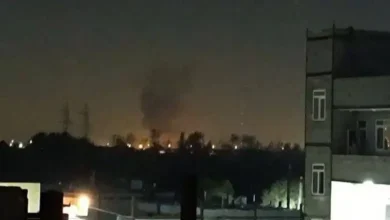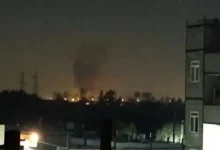End of Nigerian fuel subsidy set to squeeze Europe’s refiners – Reuters
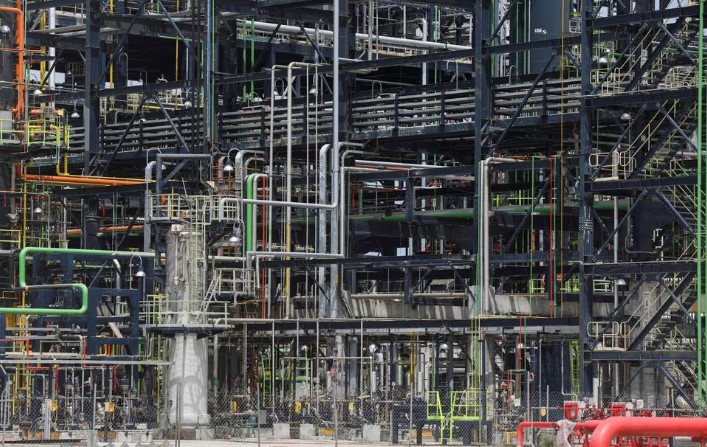
One of Europe’s main markets for gasoline has shrunk, threatening to squeeze European refiners, after Nigeria removed fuel subsidies, which destroyed much of the country’s domestic demand and a regional market for smuggled fuel.
North America and West Africa (WAF), with Nigeria at the helm, historically have been the top two destinations for petrol exports from Europe, which produces more gasoline than it uses, meaning its refiners rely on exports to support profit margins.
A steady decline in European refining margins in recent years, as competition from the Middle East, the United States and Asia grew, was reversed when fears of fuel supply shortages boosted profits after Russia’s invasion of Ukraine.
So far, benchmark profit margins for gasoline in northwestern Europe have held firm at around $27 a barrel, Refinitiv Eikon data shows.
They have been supported by demand from North America, a shortage of high quality blending materials, disruption caused by low water levels inland and local refinery outages.
But analysts say the reduction of flows following the upheaval in Nigeria will increase pressure on European refiners, and any winners are likely to be newer Middle Eastern refineries.
At the end of May, Nigeria’s President Bola Tinubu scrapped a popular but expensive subsidy on the fuel, which cost the cash-strapped government $10 billion last year. Petrol demand in response fell by 28%, official data showed.
Symptomatic of the fall in demand, onshore gasoline stocks in Nigeria have climbed to 960,000 tonnes from an average 613,000 tonnes between January and June, said Jeremy Parker at the CITAC consultancy which focuses on Africa’s downstream energy market.
Meanwhile, the black market for smuggled subsidised Nigerian fuel in Togo and neighbouring Benin and Cameroon has collapsed, further reducing demand for shipments via Nigeria.
There is no reliable data on how much fuel was smuggled out of Nigeria under the subsidy regime, but a comparison of estimates from official and independent sources indicate more than a third of petrol could have left state oil firm NNPC’s depots every day to be sold illegally abroad.
Without the subsidy, the financial incentive for smuggling disappears.
Average monthly West African (WAF) gasoline imports fell by 56% in the second quarter compared with the first, according to Refinitiv Eikon data.
“The key point is demand from West Africa is drying up,” said Refinitiv Lead Oil Analyst Raj Rajendran.
Seasonally, June loadings from the Amsterdam-Rotterdam-Antwerp (ARA) hub to West Africa fell to 629,000 tonnes this year from 895,000 tonnes last year and 1.2 million tonnes in 2021, Refinitiv data showed.
Loadings dropped to 627,000 tonnes in July so far this year from 1.5 million tonnes last year and 1.4 million tonnes at the same time in 2021.
By contrast ARA exports to the United States rose to reach 695,000 tonnes so far this year in July, compared with 449,000 tonnes last year, although they were down from 791,000 tonnes in 2021.
Gasoline stockpiles in the ARA hub are higher seasonally than they have been at least since 2003, according to Insights Global data, as U.S. exports from the region did not fully compensate for the lower WAF exports.
Nigeria, Africa’s largest crude oil producer, relies heavily on imports because of its inadequate domestic refining capacity.
Imports, however, are increasingly unaffordable as Nigeria’s naira has weakened to record lows since the central bank removed currency restrictions in June. At the same time, inflation is near two-decade highs.
The huge, much-delayed Dangote refinery was designed to address the domestic supply shortfall, but full 650,000 barrel per day production is unlikely before the second quarter of 2025, CITAC estimates.
Analysts said it was possible demand would not fully recover.
“Demand for barrels into WAF may be lower at the moment as the market sorts itself out again post-subsidies. There may simply be a baseline decrease in demand,” said Sparta Commodities gasoline market analyst Philip Jones-Lux.
For alternative supplies that are cheaper and therefore more palatable for Nigerian buyers, Jones-Lux points to imports from the Mideast Gulf and Russia. “The volumes appear small still, but not insignificant,” he said.
Sparta estimates that fuel from the Mideast Gulf is around $35-$50 per tonne cheaper than ARA imports, around triple last week’s spread, which could mean increased volumes into West Africa of Middle Eastern fuel.
An increase in direct Russian gasoline flows into West Africa started in January, but cumulative volumes, while growing from virtually non-existent in recent years to around 800,000 tonnes year-to-date, are still small, according to Refinitiv Eikon data.
“It’s not like (Russia is) capturing a bigger share of that market from European refiners. The challenge is coming from the new refineries in the Middle East that are expanding from their traditional East Africa market to now include West Africa and beyond even to the Americas,” Rajendran said.
(Reuters)

